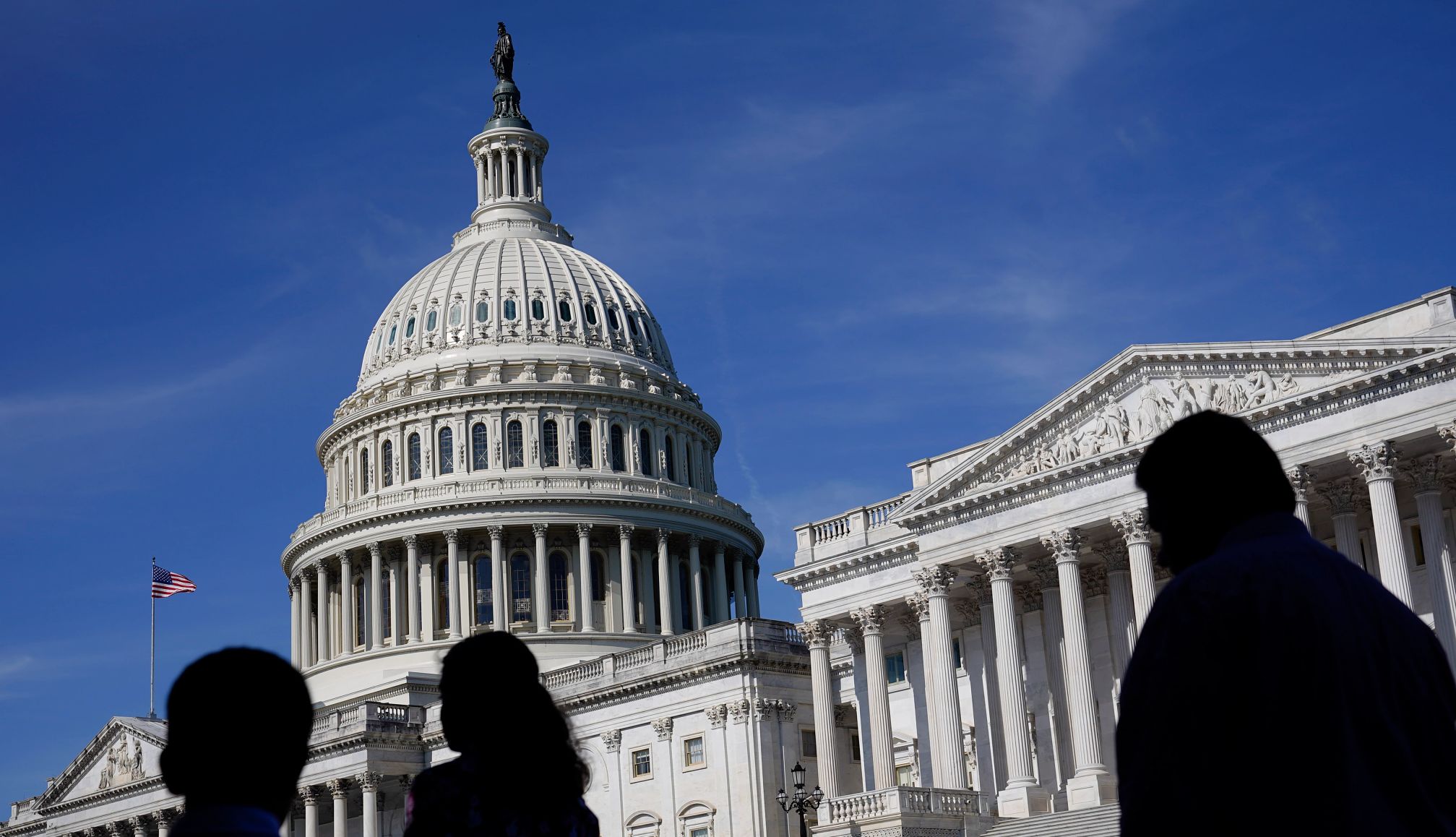Play all audios:
As Congress drafts a new federal budget, AARP is urging federal lawmakers to safeguard funding for Medicaid and the Supplemental Nutrition Assistance Program (SNAP), two programs that are
lifelines for millions of older Americans. AARP sent letters March 6 to the U.S. Senate Committee on Finance and the U.S. House Committee on Energy and Commerce outlining Medicaid’s critical
role in providing essential health care and long-term care to older, low-income Americans. “As your committee considers funding and policy changes that could impact Medicaid, we urge you to
keep in mind those who rely on Medicaid to stay in their own homes and communities as they age, get basic health care, or access nursing home care,” wrote Bill Sweeney, AARP senior vice
president for government affairs. That same day, we sent letters to the U.S. Senate Committee on Agriculture, Nutrition & Forestry and the U.S. House Committee on Agriculture outlining
SNAP’s key role in helping feed roughly 10 million households with adults 50 and older. “With rising food prices, rising food insecurity, and a growing aging population, it is more important
than ever to connect eligible older adults to SNAP and other nutrition assistance,” Sweeney wrote. “Harmful changes to SNAP would make it harder for vulnerable older adults to access the
nutrition they need.” JOIN OUR FIGHT FOR AFFORDABLE HEALTH CARE Sign up to become an AARP activist and help older Americans get the health and long-term care coverage they deserve. AARP’s
letters were sent to committees currently searching for spending cuts to help offset the cost of this year’s upcoming tax bill. The House passed a sweeping budget resolution Feb. 25 that
instructs the Committee on Energy and Commerce, which oversees Medicaid, to cut $880 billion in spending between 2025 and 2034. While the resolution doesn’t specify where cuts should be
made, Medicaid is a likely target. It’s one of the largest programs the committee oversees, providing coverage to more than 72 million Americans and costing the federal government roughly
$600 billion per year. SNAP, the nation’s largest anti-hunger program, also appears at risk. The House budget resolution instructs the Committee of Agriculture, which oversees SNAP, to cut
$230 billion in spending for the decade. According to government data, more than 40 million people receive SNAP benefits monthly, with federal SNAP spending totaling roughly $113 billion per
year. The Senate is yet to bring the House-passed budget resolution to the floor for debate or approval, and lawmakers are currently focused on trying to pass a continuing resolution needed
to avert a partial government shutdown. But both the House and Senate must agree on a common budget resolution if they are to pass the new tax and spending bill via the reconciliation
process.

